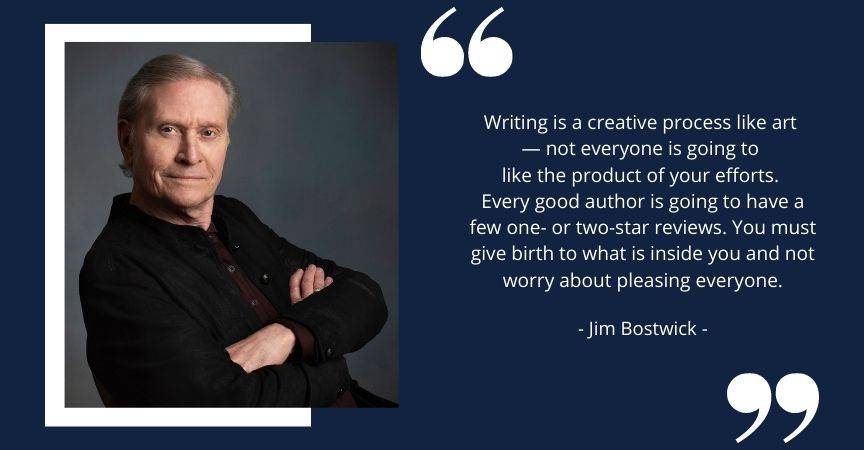James Bostwick shares insight into becoming an author and penning his novel Acts of Omission during an interview with Authority Magazine.
As a voracious reader of legal fiction, Bostwick decided it was time to write his own novel, one that realistically depicts the difficult choices, high risk, ethical dilemmas, anguish and euphoria of everyday life for civil trial lawyers. Bostwick believes there are a lot of works that reinforce “ambulance chasing” personal injury lawyer stereotypes and present skewed or false views of the selection and preparation of trials, so after years of pondering writing a novel, he finally wrote Acts of Omission to correct that deficiency.
When asked about the biggest challenge he faced in becoming an author and how he overcame that, Jim answered:
“…The most significant was overcoming my innate desire to make everything I wrote sound like I knew what I was doing. I wanted it to be lyrical, the prose to resonate and inspire, the dialogue to be real and the descriptions to leap off the page. What I learned was those goals are extremely difficult to accomplish — especially in a first draft. The more I tried for perfection in each paragraph, the less paragraphs got written. I quickly learned that you must spit it out. You are better off just vomiting your ideas out on to the page, if you will, rather than creating a masterpiece with every sentence. Once the juices start flowing the images will write themselves, the story will develop a life of its own. You can always go back and edit, smooth it out and improve it later.”
Jim was asked what 5 things you need to know to become a great author. Based on his experience with writing his novel Acts of Omission, he answered with the following advice:
- Write concerning something you are passionate about.
- Everyone’s writing wants to explain/tell the reader what is going on — don’t. Show them and let the reader figure it out. When the reader can use their imagination, the story comes alive. In other words, don’t tell them what your character is thinking, show it with their actions or mannerisms.
- Don’t use an outline or, if you do, don’t follow it too closely. Characters and storylines must have the freedom to go where the winds may blow them. When your characters start doing things you never had imagined they would do, that’s when the story begins to resonate. Your novel has then developed a life of its own.
- Listen to the ideas of friends and family but rely primarily on your own instincts. Writing is a creative process like art — not everyone is going to like the product of your efforts. Every good author is going to have a few one- or two-star reviews. You must give birth to what is inside you and not worry about pleasing everyone.
- Editing is key. When you have your 500-page masterpiece completed, remember that it probably has 100 pages of fat that don’t need to be there. When it has been pruned of chapters or vignettes you thought were fun/great at the time but upon cold-blooded reflection aren’t truly necessary, the story will move much faster, won’t have dead spots and will keep the reader more engaged.
James also discusses his biggest influences and habits that helped during his writing process. Read the full Authority Magazine article on medium.com.

